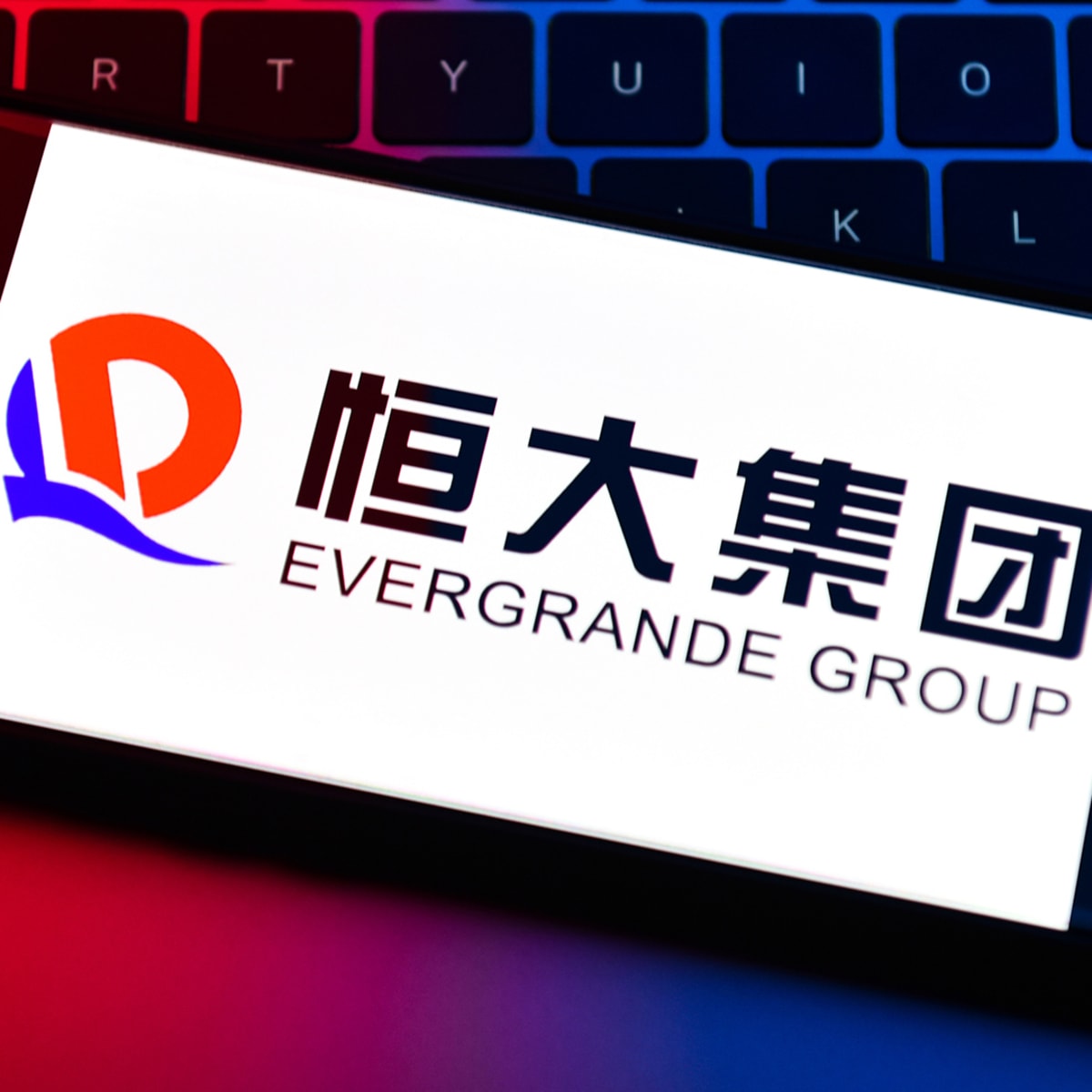
The S&P Financials index bucked against prevailing headwinds and has remained flat this week. The S&P Information Technology index has been resilient through the turbulence, and currently trades 5% above its Monday open. The onset of volatility came as the market awaited further information on the likely impact of the Omicron variant of COVID-19, but with signs pointing to the variant being less dangerous than expected, the S&P 500 rebounded. The S&P 500 index traded at 4 701 on Thursday after a brief wobble during the first week of December saw it fall to as low as 4 502. The quarter-on-quarter decline reflects the impacts of the July riots on South Africa’s economic output. On a quarter-on-quarter basis, GDP declined by 1.5% compared to the 1% decline expected by economists. South Africa’s third quarter GDP growth rate of 2.9% year-on-year disappointed the market which was expecting 3.8% growth for the quarter. UK consumers are said to be shopping early for the festive season despite inflationary headwinds, with positive sales growth across multiple categories. This week, China announced it would cut the reserve requirements ratio by 0.5% for most banks, effectively releasing $188 billion of liquidity into the market.Īccording to the British Retail Consortium’s (BRC) and KPMG’s Retail Sales Monitor, retail sales in the United Kingdom (UK) improved by 1.8% year-on-year in November, beating a forecast of 1.1%. Furthermore, China’s consumer confidence fell by 1.2% year-on-year in November. China’s Services PMI at 52.1 points was 1.7 points below October and close to six points down year-on-year. The Caixin China General Manufacturing Purchasing Managers Index (PMI) data disappointed in November at 49.9 points, down from October’s 50.6 points, against expectations of a steady PMI.

The improvement in the US unemployment rate suggests that slack in the labour market is reducing. The US economy boasted a 4.2% unemployment rate for November, a marked improvement on a year ago when the unemployment rate was 6.7%.

There was little sign of Evergrande contagion in the markets on Thursday, partly as the markets had been anticipating a default for months, and thanks to a flurry of activity on the part of the Chinese government in the real estate sector, to help soften the blow. Before the Evergrande default this week, Chinese borrowers have already defaulted on $10.2 billion in offshore bonds this year, with real estate firms accounting for 36% of the total. Long regarded as too big to fail by many investors, Evergrande has now become the largest casualty of President Xi Jinping’s campaign to rein in the country’s overindebted, conglomerated and overheated real estate market. Neither the company nor the Chinese government has confirmed that Evergrande has defaulted on its debts, although the company did state last week that there was no guarantee that it would meet its debt repayments as it entered a restructuring process with assistance from local government. The designation means that Evergrande has formally defaulted but has not yet entered into any kind of bankruptcy filing, liquidation or other process that would stop its operations. On Thursday, perhaps to nobody’s surprise, a major ratings firm declared that Evergrande was in default.įitch Ratings downgraded Evergrande, and two key subsidiaries, to a “restricted default” rating on Thursday, a move that may trigger cross defaults on the developer’s $19.2 billion dollar debt. Strong dollar ahead of US inflation dataĮVERGRANDE DEBT DOWNGRADED TO RESTRICTED DEFAULTįor weeks, global markets have been watching Chinese real estate development giant, Evergrande, teeter on the edge of default, as it is weighed down by $300 billion, or more, in financial obligations and is barely able to make its payments to investors.Oil trending up as demand concerns abate.Johannesburg Stock Exchange (JSE) shrugs off Omicron fears to reach another all-time high.United States (US) unemployment below 5%.

By Wednesday, Evergrande had still failed to transfer the funds, setting the stage for Asia’s largest default. The company failed to pay bond coupons totaling $82.5 million on Monday. China’s largest property development group, Evergrande, has been officially labelled a defaulter for the first time.


 0 kommentar(er)
0 kommentar(er)
